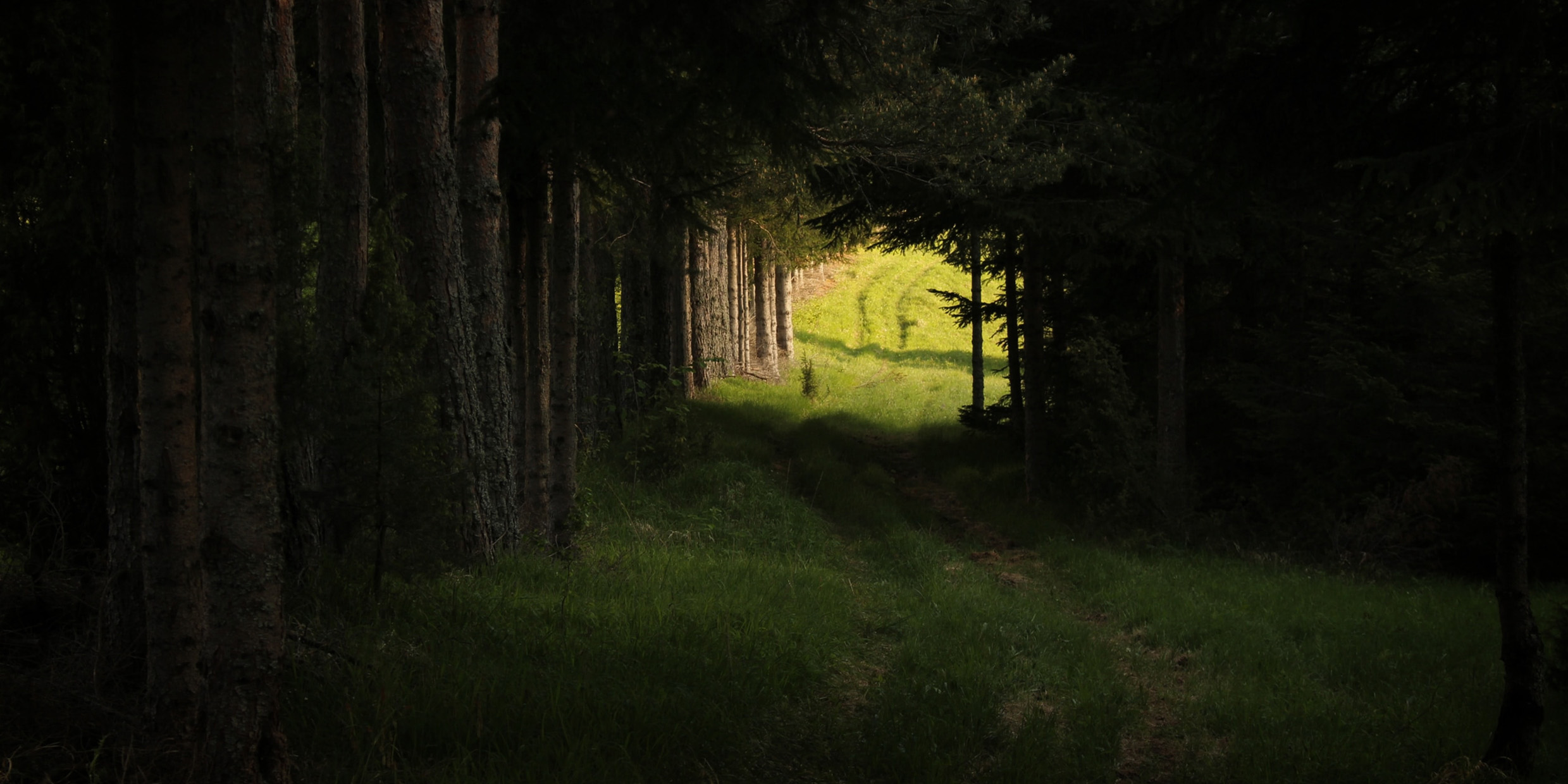Originally published 27 May 2003
Last week this column took note of environmental philosopher Bill McKibben’s new book, Enough: Staying Human in an Engineered Age—an important book, powerfully persuasive, and utterly necessary.
McKibben asks us to say “enough!” to the genetic engineers, who seem hell-bent (he suggests) on turning human beings into consumer artifacts. Like all of McKibben’s work, the book is deeply pessimistic. By the time you reach the last page, you’ll be convinced that the world is going to hell in a hand-basket.
McKibben is one of a clutch of environmental philosophers who share a gloomy assessment of what the future holds. And God knows there’s enough to be pessimistic about. Read these folks too often and too long and you are likely to throw up your hands in existential despair.
Which is exactly the worst thing that can happen. Pessimism is the surest road to the grim future these writers envision.
OK, so I’m an optimist. On what basis? How is it possible to be an optimist in a world racked by environmental degradation, religious strife, poverty, hunger, and disease?
Well, for one thing, a little history helps. I know, for example, that pre-Columbian Americans, so often evoked by environmentalists as a people living in blissful harmony with nature, in fact lived in a state of constant warfare. They were as capable as we are of acts of unspeakable cruelty.
McKibben and company rue the 17th-century’s Scientific Revolution, and its “disenchantment” of nature. Would they rather have lived in 14th‑, 15th- or 16th-century Europe? What was so enchanting about the Black Death, or the religious wars between Protestants and Catholics?
The Enlightenment, too, is sometimes rued as a binge of human hubris. What’s the alternative to enlightened reason? Burning women as witches? An Index of Forbidden Books?
Here are some things to be optimistic about.
Walk down the trendiest street in any American city and see people of all races, ethnicities, and sexual orientation enjoying life together.
Try to remember, if you can, the phrase “barefoot, pregnant, and in the kitchen.”
Visit Europe, and marvel that bellicose nationalism seems a thing of the past.
Read about the physicians from the Centers for Disease Control and Doctors Without Borders bravely bringing modern medicine to the world’s poorest people.
Note that smallpox, plague, polio, and many other diseases are mostly history.
Observe the ever-growing number of ordinary folks involved in environment activities — preserving wetlands and green spaces, cleaning up rivers, creating pocket parks.
Take cheer in the prediction that human population will top out sometime in the middle of this century.
Applaud the many altruistic and environmentally conscious NGOs — nongovernmental organizations — that provide an antidote to government indifference and corporate greed.
Applaud, too, the thousands of idealistic young people from all over the world who rally to protest the sometimes egregious excesses of multinational corporations and financial institutions.
Applaud the bright hope of globalization — the ever-widening circle of those we do not kill.
Hybrid cars. Solar energy. Recycling. The internet. People walking on weekends for AIDS, the Food Bank, MS, heart disease. Be grateful, too, as I am, for the Bill McKibbens of the world, who speak for the positive values in the world we are leaving behind.
But let’s not sit around wringing our hands in hopeless nostalgia for a primeval Eden that never existed. Let’s admit that we live in an “engineered age” and get on with engineering a world that lifts the human spirit, while honoring other species and habitats.
Let’s recognize that human consciousness and culture are not things to be ashamed of, but to celebrate. The enemies of a bright future are not science and engineering. The enemies are ignorance, intolerance, greed, violence, poverty, and disease.
I don’t mean to sound Pollyanna-ish. Utopia is dream, not a likely reality. But the prelapsarian Garden of Eden is a myth, too, one that eviscerates any hope of progress.
McKibben and company can help us think about where we want to go, but a little optimism will help us get there.



